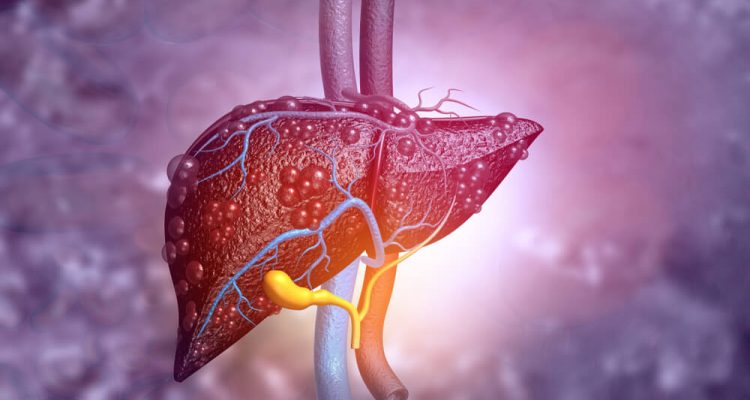
5 Ways to Prevent Fatal Liver Disease
0
If left untreated, the disease can progress to cancer and even death.
The liver is one of our vital organs, responsible for over 500 functions in the body. These range from removing toxins from the blood to breaking down food to convert it into energy. Therefore, any problems with the liver can be extremely dangerous.
Fatty liver disease is one such problem that occurs, as the name suggests, when there is too much fat in the liver. About one in three people live with the early stages of fatty liver disease, also known as non-alcoholic fatty liver disease.
This means they have a small amount of fat in their liver.
Health authorities in Western countries and Ukraine are facing a liver disease crisis amid an increase in obesity-related hospitalizations over the past few years.
In its early stages, fatty liver disease often does not cause any side effects, but as the disease progresses, it can lead to symptoms such as jaundice (yellowing of the skin and eyes), swelling of the legs, ankles, feet, and abdomen, weakness, fatigue, and unexplained weight loss.
Over years of inflammation caused by fatty liver disease, the liver becomes scarred and shrunken.
This stage is known as cirrhosis.
“This damage is irreversible and can lead to liver failure (when your liver stops working properly) and liver cancer.”
How to prevent or manage fatty liver disease
Fortunately, there are ways to prevent, slow, or even reverse the progression of fatty liver disease.
“About one in three people have early-stage non-alcoholic fatty liver disease, which can be slowed or reversed if they make lifestyle changes.”
Five simple lifestyle changes.
Lose weight
The doctor says you should aim for a body mass index (BMI) of 18.5 to 24.9 to reduce your risk of developing the disease.
“Losing more than 10 percent of your weight can remove some of the fat from your liver and improve your non-alcoholic fatty liver disease if you have it.”
Eat a healthy diet
A healthy diet is key to reducing the amount of fat stored in the liver.
“Try to eat a balanced diet that is high in fruits, vegetables, protein, and carbohydrates, but low in fat, sugar, and salt; eating smaller meals can also help.”
Be careful what you drink
In particular, Yuzhnova warns against drinking sugary drinks.
“Drink water instead of sugary drinks,” he advises.
Exercise regularly
You should aim to get at least 150 minutes of moderate-intensity activity, such as walking or cycling, each week.
“All types of exercise can help improve nonalcoholic fatty liver disease, even if you don’t lose weight.”
Don’t smoke
If you smoke, quitting can help reduce your risk of problems like heart attacks and strokes.


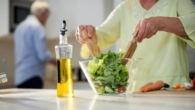

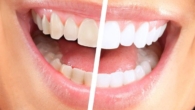
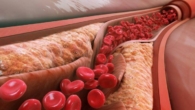
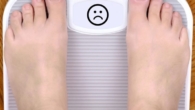
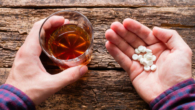

Leave a Reply